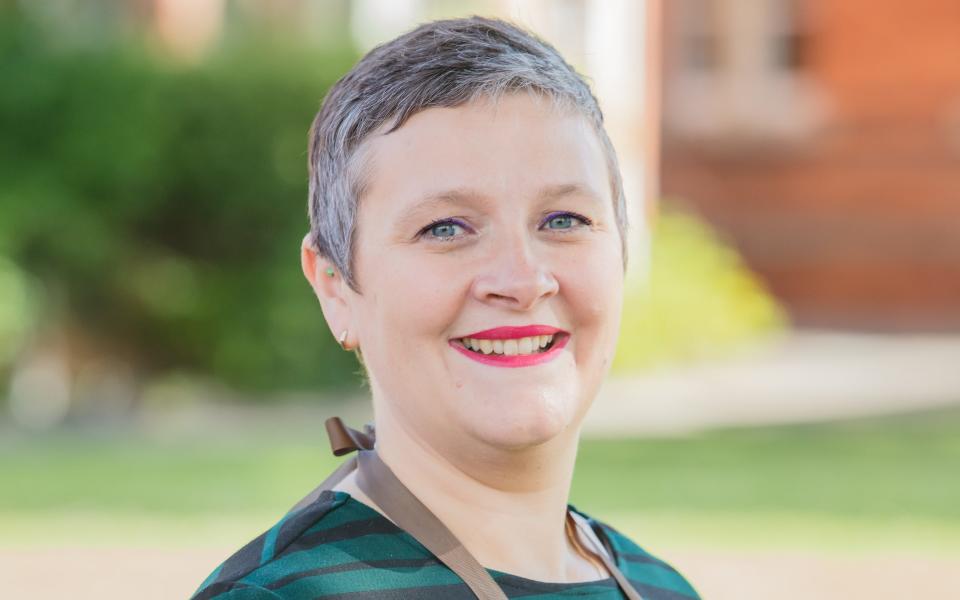Parents should not let their outdated stereotypes influence their child's career, leading headmistress says

Parents who do not understand the modern jobs market should not let their outdated stereotypes influence their daughter’s career, a leading headmistress has said.
Gwen Byrom, who is president of Girls School Association, urged parents to resist the temptation to intervene even if they think their children’s career ambitions are "mad".
“The big challenge for parents - speaking as a parent of teenagers myself - is that you want to send your children out into the world to be successful and happy in their career,” she said.
“But work is changing rapidly, sometimes it is hard to understand as a parent what a career might be. If you ask a parent about engineering, the stereotype is that it is dirty and involves big machines.
"Actually, it covers everything from mechanical and electrical engineering, to biological engineering - it could be building prosthetic limbs.”
Mrs Byrom, who is head of the £12,500-a-year Loughborough High School said it is “quite hard” for parents to understand all of this. She told how there are now a growing number of jobs in the digital and technology industries which parents may not be au fait with.
“It is that understanding that work has changed. Young people are much more comfortable with change and the idea they will have lots of careers in their life,” she told The Daily Telegraph.
“For my generation you worked out what you want to do and it defined you. Young people are much less defined by their job.”
Addressing headteachers at the GSA annual conference in London on Monday, Mrs Byrom will say that parents have a “key role to play – for good and bad – in their children’s future careers”.

Four years ago, research commissioned by the Institution of Engineering and Technology found that just one per cent of parents said they believed engineering was a suitable career for their daughter, compared with 11 per cent who deemed it suitable for their son.
She will tell heads: “Isn’t it hard enough for girls to battle unconscious bias without the misperceptions of their parents making it even worse?”
Mrs Byrom said that a growing number of girls at the country’s leading schools are now choosing to apply for an apprenticeship after they leave schools.
The GSA asked its members whether they have seen increased interest in apprenticeships in recent years.
Around a third (30 per cent) said they had a rise in enquiries, while just over a fifth (22 per cent) said they had noticed a rise in applications.
“University still remains the aspiration of the vast majority of our students – and most certainly their parents,” she said.
Parents have a lot of influence over their child’s career choice, and should not put “undue pressure or influence” on them.
“One of the things that can be quite hard ad unnerving is to step back and let your child explore everything that might be of interest,” she said.
“Some ideas might be mad and quite unnerving for parents. My advice is let them explore, let them see what is out there, even if it is something you are not quite sure of.”
Parents who are unsure about a certain type of career could seek advice from their daughter’s school, she added.
The GSA represents the heads of the country’s leading independent girls’ schools. Its members include South Hampstead High School in north London, which counts the actress Helena Bonham Carter among its alumnae, and Oxford High School where the pottery tycoon Emma Bridgewater and the actress Dame Maggie Smith studied.
Would you intervene if you thought your child's career choice was "mad"? Or would you let your child make their own decision? We want to hear from you in the comments section below.
To join the conversation simply log in to your Telegraph account or register for free here.

 Yahoo News
Yahoo News 